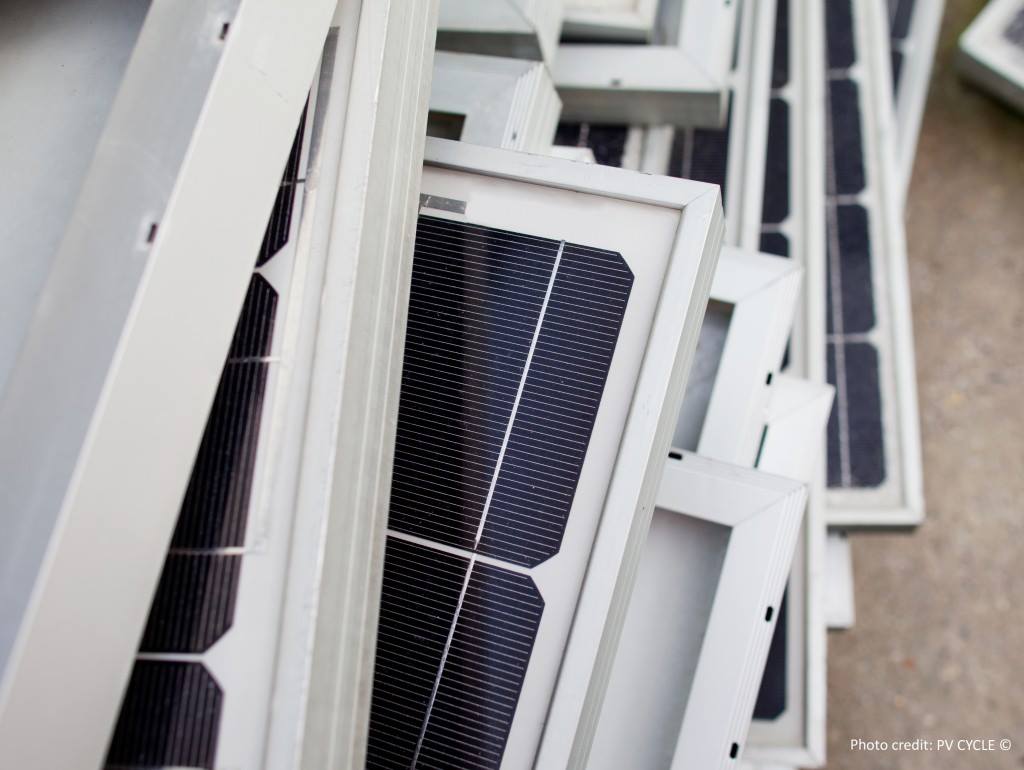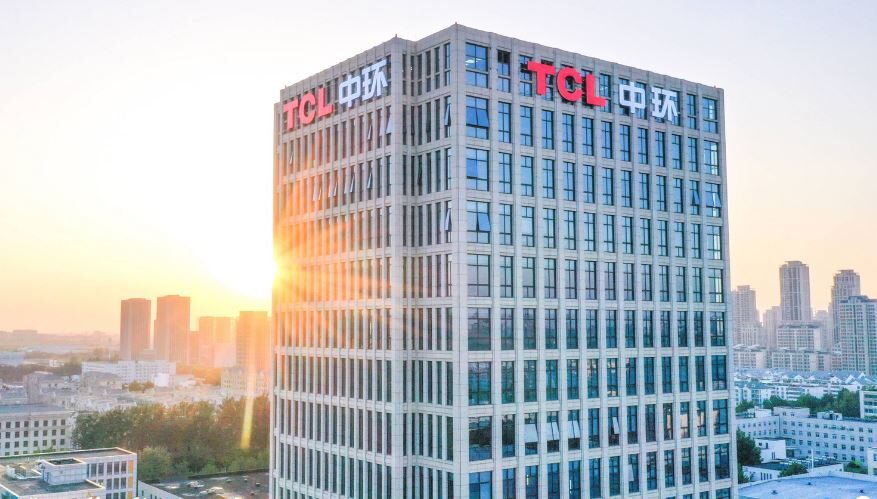South Korea’s Ministry of Trade, Industry and Energy (MOTIE) has approved a long-awaited scheme for solar module recycling at Prime Minister Han Duck-soo's latest ministerial meeting.
The new provisions establish a standardized collection system for each of the country's major regions. It aims to ensure a waste panel recycling/reuse rate of more than 80%, in line with current EU levels, over a period of three years. The scheme also lays the foundations for the creation of a statistical system for the sector.
The scheme is designed to encourage solar module reuse before the recycling option becomes the final choice. It will also introduce certifications under the Eco-Assurance System (ECOAS) framework, which restricts the use of hazardous substances in electrical and electronic equipment.
The South Korean government said it expects 1,222 tons of solar module waste by 2025, 2,645 tons by 2027, 6,796 tons by 2029, and 9,632 tons by 2032. The country reached an installed solar capacity of around 22 GW at the end of December 2021. Newly installed PV capacity for 2021 was around 4.4 GW.
South Korea plans to install 30.8 GW of solar by 2030.
This content is protected by copyright and may not be reused. If you want to cooperate with us and would like to reuse some of our content, please contact: editors@pv-magazine.com.




3 comments
By submitting this form you agree to pv magazine using your data for the purposes of publishing your comment.
Your personal data will only be disclosed or otherwise transmitted to third parties for the purposes of spam filtering or if this is necessary for technical maintenance of the website. Any other transfer to third parties will not take place unless this is justified on the basis of applicable data protection regulations or if pv magazine is legally obliged to do so.
You may revoke this consent at any time with effect for the future, in which case your personal data will be deleted immediately. Otherwise, your data will be deleted if pv magazine has processed your request or the purpose of data storage is fulfilled.
Further information on data privacy can be found in our Data Protection Policy.